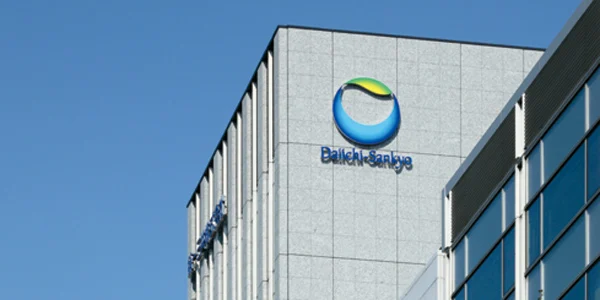Daiichi Sankyo and Merck have announced that their investigational drug, patritumab deruxtecan, successfully met its primary endpoint in a late-stage clinical trial. This study demonstrated that the drug extended the time patients with non-small cell lung cancer (NSCLC) lived without disease progression.
The trial involved 586 patients with NSCLC who had a specific gene mutation associated with abnormal cell growth. Patritumab deruxtecan was compared to traditional chemotherapy in this study.
This treatment is one of three antibody-drug conjugates (ADCs) under the $22-billion joint development and commercialization agreement between Daiichi Sankyo and Merck, established last year. ADCs are targeted therapies that combine a monoclonal antibody with a cytotoxic agent, acting like a “guided missile” to attack cancer cells while minimizing damage to healthy cells.
The study focused on patients who had previously been treated with tyrosine kinase inhibitors (TKIs). TKIs have revolutionized cancer treatment by targeting specific mutations that drive unchecked cell growth. Despite their effectiveness, some patients develop resistance or experience severe side effects, creating a need for alternative therapies.
Daiichi Sankyo and Merck plan to present the trial results at an upcoming medical conference and submit the data to global regulatory authorities to determine the next steps for the drug’s approval.
NSCLC represents approximately 85% of all lung cancer cases globally, with the gene mutation targeted by patritumab deruxtecan found in 14% to 38% of these tumors, according to estimates.
#CancerResearch, #LungCancer, #ADCs, #DrugDevelopment, #Pharmaceuticals, #ClinicalTrials




+ There are no comments
Add yours